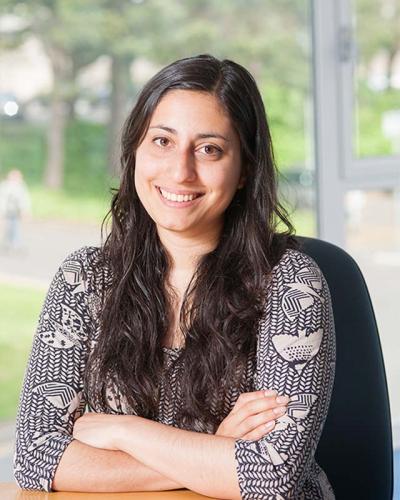Software Citation Workshop at the British Library
Posted on 18 April 2019
Software Citation Workshop at the British Library
 Photo courtesy of Su Burning.
Photo courtesy of Su Burning.The British Library, The Software Sustainability Institute and The Alan Turing Institute are co-organising a workshop on Software Citation on the 13th and 14th May 2019 at the British Library, to raise the profile of the topic, provide information and address current challenges.
This workshop is split over two days; each day is mostly independent and aimed at different audiences. Please note that there is no "all inclusive ticket type" - make sure you book tickets for each part of the workshop you are interested in.
Find out more information and register.
Day 1
The first day is an afternoon workshop giving a general overview of the purpose and benefits of software citation in the context of academic research. This workshop is aimed at researchers and RSEs, and anyone interested in learning more about software citation. After attending, participants will understand the importance of research software in the scholarly communications ecosystem, and of citing software, and be able to correctly cite the software they use in their own work.
Evening event
On the evening of Day 1, the Alan Turing Institute will host a reception followed by a public lecture given by Dr. James Hetherington, Director of Research Engineering, titled Down and Out in the Magic Kingdom: perspectives on social credit systems for software scholars.
Day 2
The second part of the event is a full-day workshop focusing on gaining a shared understanding of current barriers to effective use of software citation and starting to develop practical solutions. This part will be aimed at those with responsibility for developing policy, infrastructure, training and guidance in this area, including Research Software Engineers, IT staff, librarians and archivists.
Working collaboratively, the participants will explore the current technical and cultural challenges preventing software citation from becoming a part of mainstream research culture, and identify potential solutions and the stakeholders who may be able to realise them. Based on these discussions, a report for the sector will be produced giving recommendations.
Find out more information and register.
About the organisers
About the organisers
The British Library is the national library of the United Kingdom and gives access to the world’s most comprehensive research collection. It provides world class information services to the academic, business, research and scientific communities and offers unparalleled access to the world's largest and most comprehensive research collection. It is a partner in FREYA (Connected Open Identifiers for Discovery, Access and Use of Research Resources), an European Commission funded project which iteratively extends the use of persistent identifiers into a core component of European and global research e-infrastructures. FREYA aspires to increase the use of PIDs for an expanding range of research resources including software.
The Software Sustainability Institute is an EPSRC, AHRC, BBSRC, ESRC, NERC, MRC and STFC funded national facility that cultivates world-class research with software. We help people build better software, and we work with researchers, developers, funders and infrastructure providers to identify key issues and best practice in research software.
The Alan Turing Institute is the national institute for data science and artificial intelligence. The Institute is named in honour of Alan Turing, whose pioneering work in theoretical and applied mathematics, engineering and computing is considered to have laid the foundations for modern-day data science and artificial intelligence. The Institute’s goals are to undertake world-class research in data science and artificial intelligence, apply its research to real-world problems, drive economic impact and societal good, lead the training of a new generation of scientists, and shape the public conversation around data.

